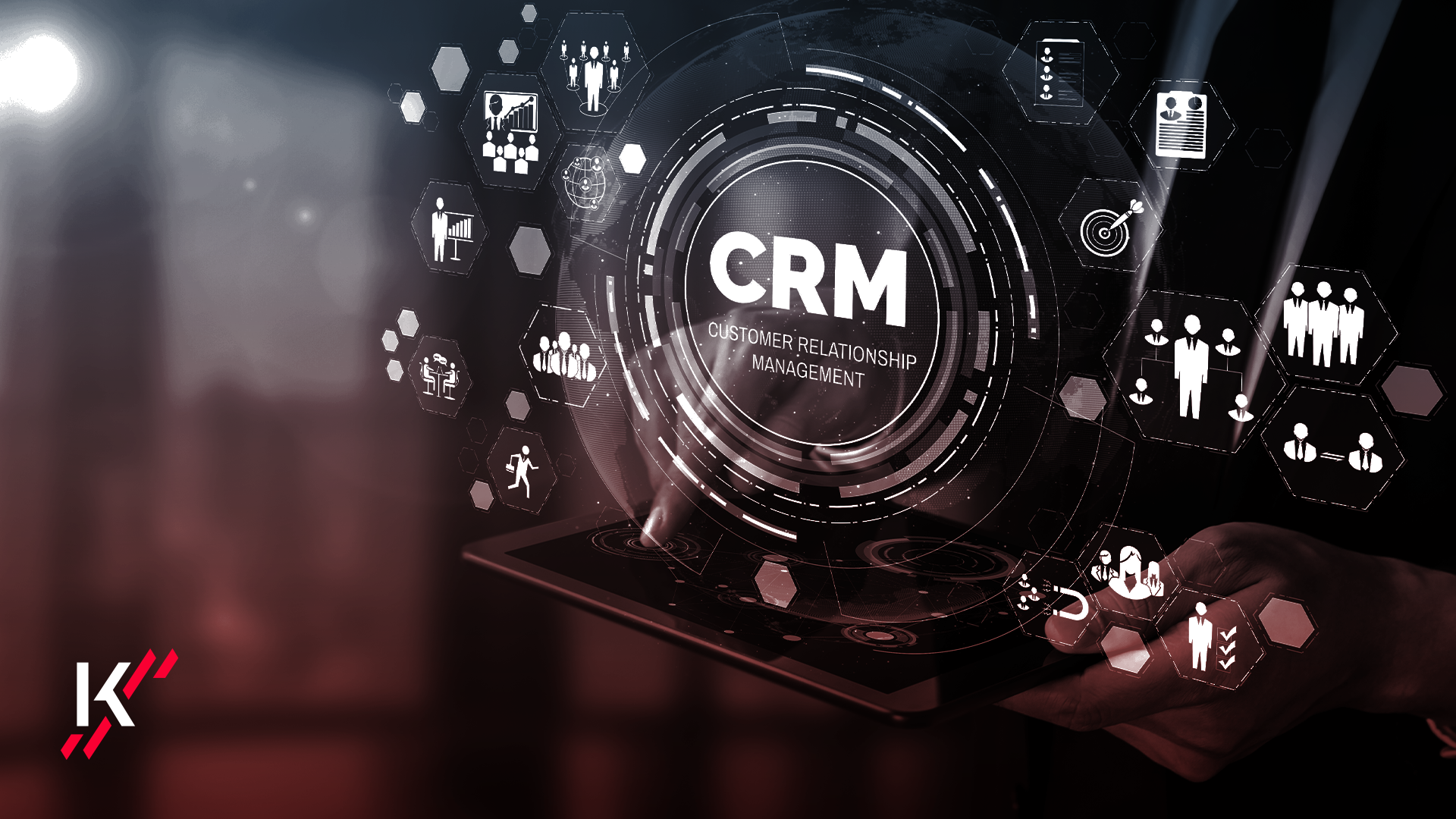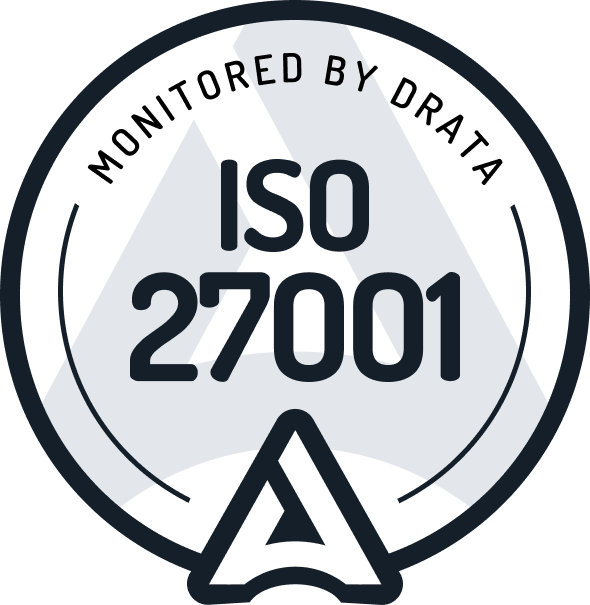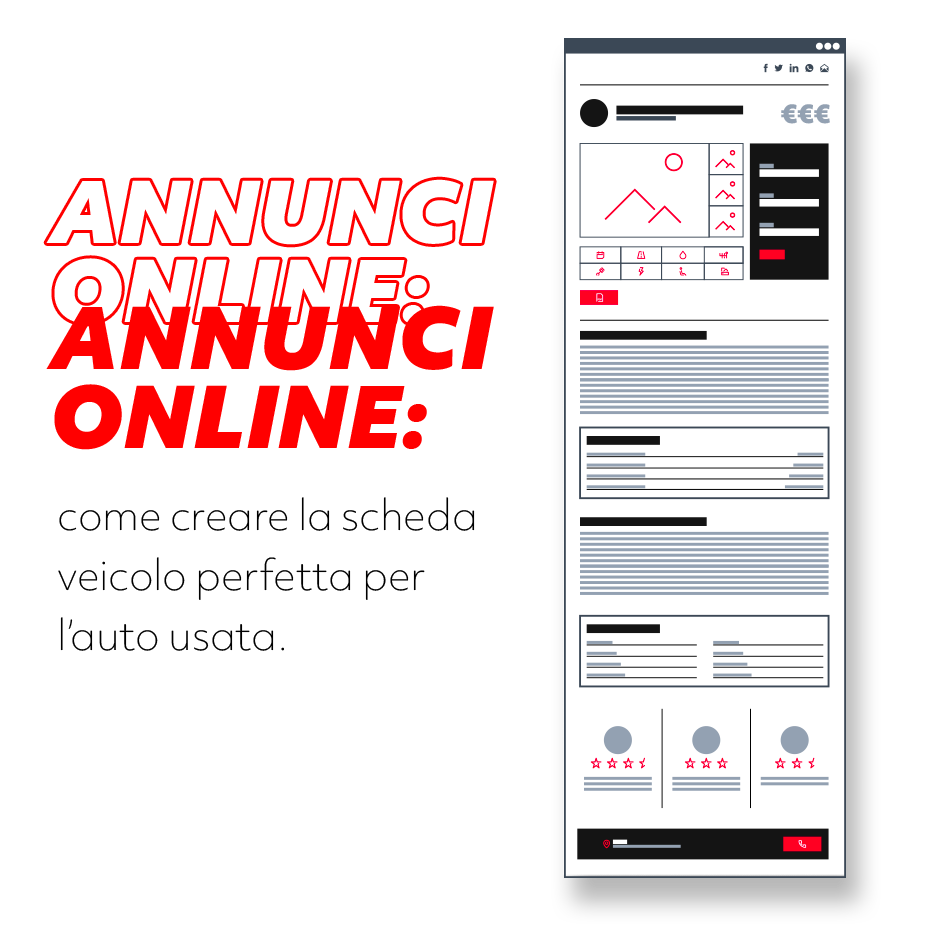In an increasingly digitised world, effective management of contacts and sales opportunities is crucial for any automotive dealer or retailer. This is where an automotive CRM (Customer Relationship Management) system comes into play, an indispensable tool that supports the sales process from the initial online interaction to the conclusion of the deal, also facilitating the management of offers and trade-ins.
An automotive CRM is not just a customer management software; it has now become a key element in transforming leads into actual sales. “Traditional” lead management often relied on manual methods: paper records, spreadsheets, and follow-up actions based on pure intuition rather than data. This approach often resulted in ineffective lead management, with long response times and poor tracking of customer interactions.
The Importance of Timing in Contacting Leads
Research conducted by InsideSales.com for their ‘Lead Response Management Study’ showed that the optimal time to contact a lead is within the first 5 minutes. This immediate follow-up can significantly increase the chances of conversion, as the potential customer feels valued and considered. Compared to traditional methods, where response time could vary greatly, a CRM allows dealerships to automate response processes, drastically reducing times and increasing efficiency.
Operational Efficiency and Benefits of a CRM
Introducing a CRM into an automotive dealership can lead to a significant increase in operational efficiency. According to the ‘State of Sales’ report by Salesforce, adopting CRM systems can improve lead management by up to 30%, which once again highlights the importance of leveraging advanced digital tools in modern sales strategies. This translates not only into increased sales but also into greater customer satisfaction, thanks to more timely and personalised communication.
Market Vision and Increasing Complexity
MARKET DATA
A McKinsey study reports that a personalised approach to the customer, supported by an efficient CRM system, can lead to an increase of up to 10% in sales volumes, which proves the importance of a system capable of capturing and analysing customer preferences and behaviours to offer a tailored service.
THE COMPLEXITY OF DATA MANAGEMENT
On average, an automotive retailer manages lead and customer data across more than three different databases, using over 40 tools daily ranging from DMS (Dealer Management System) to OEM quoting tools. This fragmentation of tools and data sources makes the adoption of an integrated CRM system imperative to simplify information flows and management.
Why Is It Crucial in the Automotive Sector?
The automotive sector is one where customer care and efficient sales data management can make a real difference. Thanks to a CRM solution, it is possible to:
- Centralise information on customers and prospects, avoiding the loss of important details such as the value of a trade-in.
- Schedule activities and set reminders, ensuring timely follow-ups.
- Manage appointments and enhance alignment among sales representatives to maximise efficiency.
- Monitor individual and group performance through detailed analyses and reports.
- Integrate CRM with other daily tools, improving synergy among the various platforms in use.
Selecting the Right CRM for Your Dealership
Not all CRMs are equal, especially in the automotive sector. Here are some features to consider when choosing one:
Advanced Lead Management: Essential for a dealer, the CRM must allow optimal organisation of leads from various sources.
Data Security: Crucial for protecting sensitive information, it is necessary to opt for a CRM that can guarantee high security standards.
Mobile Accessibility: Given the importance of smartphones in a dealer’s day-to-day activities, a CRM that can be accessed and managed from mobile devices is indispensable.
Support and Training: Implementing a CRM requires proper configuration and adequate team training, making it crucial to also choose a provider that can ensure good support.
Conclusion
Adopting a CRM in the automotive sector not only simplifies the management of contacts and sales but also raises the level of professionalism and effectiveness of the service offered to customers. Choosing the right tool means investing in the success and growth of your dealership.
Curious to learn more about MotorK’s CRM solution for effective lead management? We are at your disposal!








